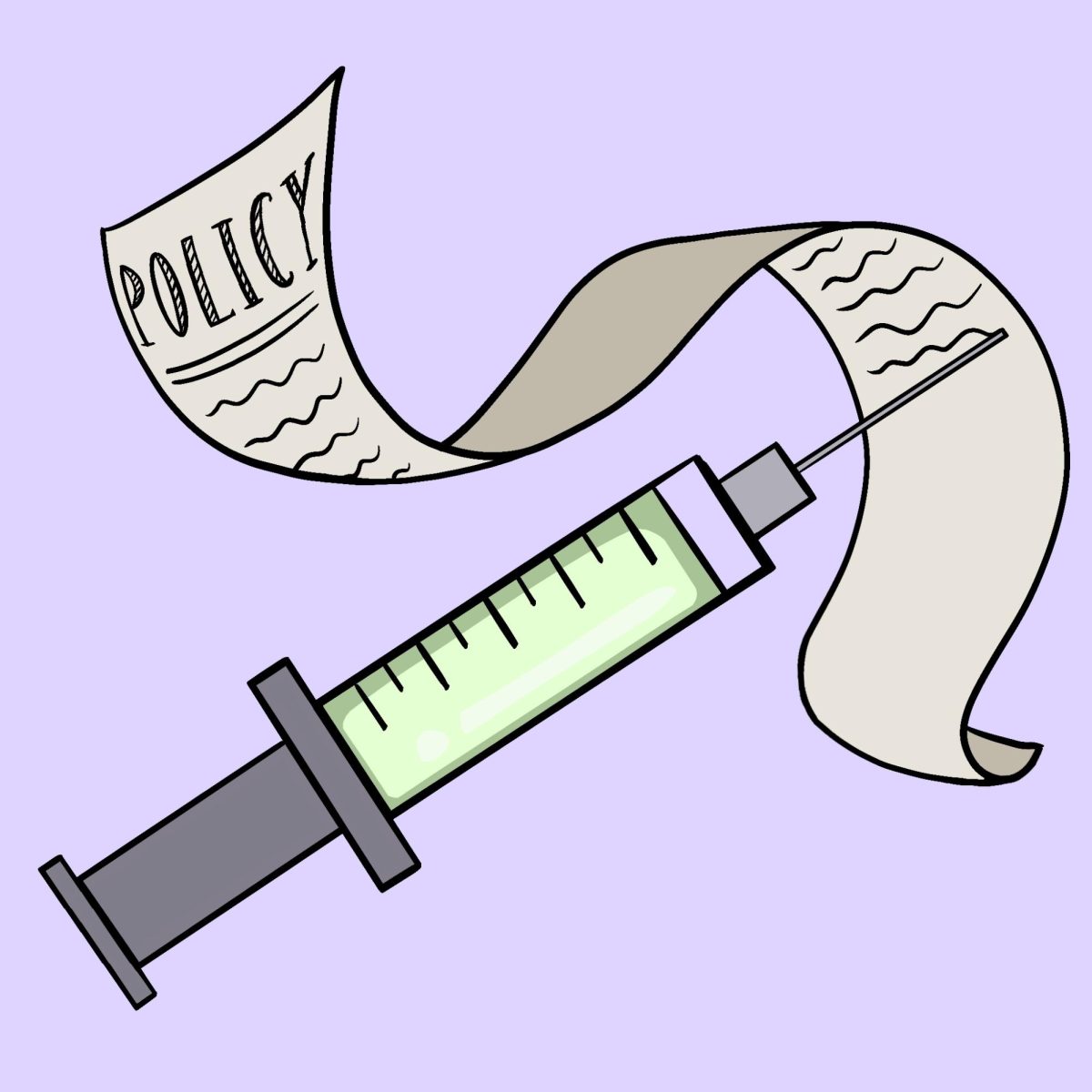One year has passed since the signing of a ceasefire accord between Ethiopia’s federal government and the authorities of Tigray, which marked the end to a devastating civil war that left hundreds of thousands dead and the northern region in ruins. While the guns may have fallen silent, the aftermath is a fractured nation struggling to rebuild, facing not only the physical scars of conflict but also the haunting specter of ongoing violence, particularly against women and girls.
In November 2022, the warring factions in Ethiopia, including the Tigray People’s Liberation Front and Eritrea, agreed to a ceasefire during talks in South Africa. The agreement was viewed as a potential turning point that aimed to bring an end to two years of bloodshed and atrocities. However, the repercussions press on, with the true cost of reconstruction in the battered northern region estimated at a staggering $20 billion by Ethiopian Finance Minister Ahmed Shide.
The slow and gradual restoration of essential services, including electricity, telecommunications, and banking, outside Tigray’s capital, Mekele, is a big task. Nearly 90 percent of Tigray’s health facilities lie in ruins, according to a World Health Organization (WHO) report, with looted facilities and shattered infrastructure leaving the population grappling with limited access to healthcare.
Despite the ceasefire, a new report indicates that a devastating strain of violence persists, particularly in the form of widespread sexual violence against women and girls in northern Ethiopia. The report, co-authored by Physicians for Human Rights and the Organization for Justice and Accountability in the Horn of Africa, reveals shocking and brutal cases of sexual violence as recently as June, months after the peace agreement. The cases documented in the report reveal systematic, widespread, and non-random attacks, often involving multiple perpetrators. Survivors pointed fingers at individuals in military uniforms, suggesting an association with the governments of Ethiopia and neighboring Eritrea.
The report draws from over 300 medical records across Tigray, detailing conflict-related sexual violence against girls and women aged 8 to 69. Shockingly, half of these accounts occurred after the ceasefire. Unintended pregnancies and HIV infections have further compounded the challenges, with medical treatment for the victims being slow or non-existent due to the crumbling healthcare system in Tigray. Urgent humanitarian aid and comprehensive medical and psychosocial support are essential for the survivors.
The report argues for accountability for the brutal violations of international law occurring as part of this conflict. Lindsey Green, a senior program officer at Physicians for Human Rights, urges continued independent and impartial monitoring and reporting by organizations like the UN’s International Commission of Human Rights Experts on Ethiopia, whose mandate is set to dissolve in September.
While the international community has condemned the acts of sexual violence, the report is a call for greater attention from both the United Nations and the African Union.
As Ethiopia navigates the delicate path of post-ceasefire reconstruction, the persistent shadows of violence cast a somber light on the nation. The shattered infrastructure, the slow restoration of essential services, and the disturbing accounts of ongoing sexual violence showcase the need for continued engagement, scrutiny, and commitment to accountability by the international community.













